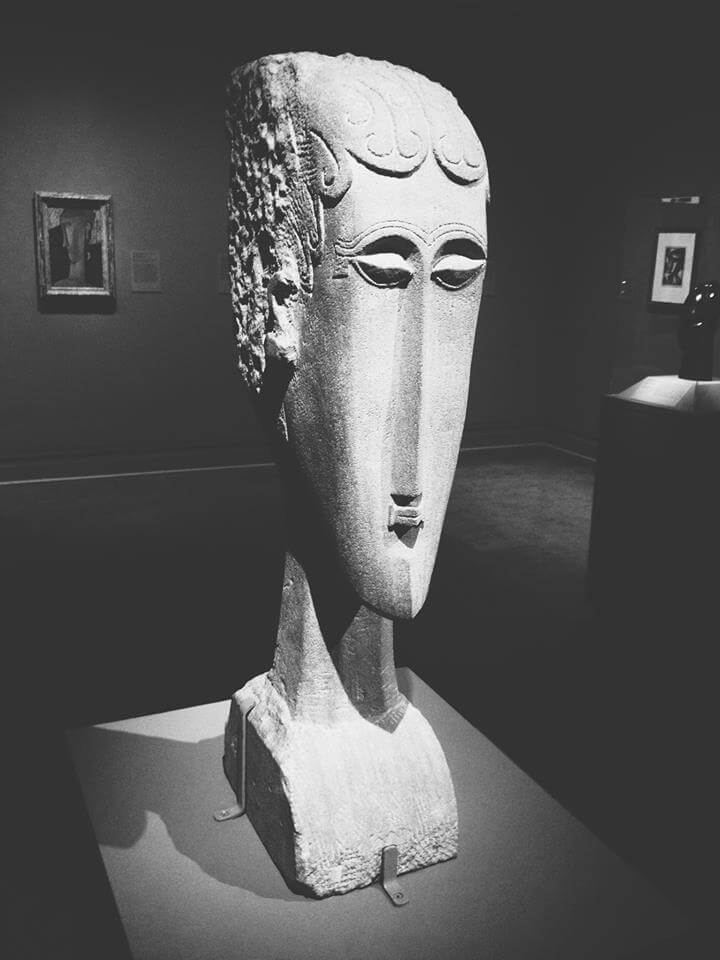Ivan Ilyich: How To Identify Your Idols

Ivan’s salvation is bound up in his things. His things— his home, his reputation, even his friendships— are his great consolation against the awfulness of his life, and when his consolation begins to give way, he feels himself slipping into mediocrity. Most people are generally battling similar idolatries; whatever it is which consoles a man against ultimate loss is that which he worships. When the awfulness of life creeps up on us— the awfulness of work, or the hassles, inconveniences, and demands placed on us by our family or our church— what do we set between ourselves and that awfulness for consolation? Can we make it through the day only with the promise of a drink at the end? Does a holiday planned to New York next month pull you through the boredom of your work this month? What promises do we make to ourselves (for the evening, the weekend) which enable us to navigate the filthy waters of a day? When life is terrible, we often come back to, “Well, at least I…” For Tolstoy, there is only one way to finish this sentence. “Well, at least I will be dead some day.” Anything else is earthly-minded. While sighing over the dullness of your work, the consolation “Well, at least there is a bottle of whiskey waiting for me…” is idolatry.
In court cases, Tolstoy writes that Ivan has an ability to separate all the stickiness of human affairs and emotion from the law and deliberate with a mechanical, objective ease. Ivan “acquired a method of eliminating all considerations irrelevant to the legal aspect of the case, and [reduces] even the most complicated cases to a form in which would be presented on paper only in its externals…” When the stickiness of a human affairs draws near Ivan— be it through marriage or becoming a parent— he must retreat from that filth into the clean dignity of his labor. When his labor is overly trying or taxing, he consoles himself in the promise of a good dinner and a light, pleasant game of cards later. Most of Ivan’s life is spent promising himself an escape of some kind from his current situation. Ivan does not want to enter deeply into the nastiness, psychic difficulty and suffering of other men’s lives. He cannot refuse the myrrh mingled with wine. Like Ivan’s friend Peter, who is annoyed he must attend Ivan’s funeral, Ivan has attempted to sidestep every little suffering and inconvenience. Ivan likes everything “just so,” which is why he becomes enslaved to things. Ivan is not satisfied unless his things are “just so,” which means that his joy is bound up in things.
Because joy is not merely an aggregable possibility for man, but a moral imperative, Ivan’s want of pleasure is idolatrous; he believes that things have the power to convey virtue. Joy comes with the cards. Satisfaction comes with the sturgeon and light gossip. He believes that his “just so” things are a sacrament, a Eucharist, a salvific body of Christ.

Joshua Gibbs
Joshua Gibbs teaches online classes at GibbsClassical.com. He is the author of How To Be Unlucky, Something They Will Not Forget, and Blasphemers. His wife is generous and his children are funny.










